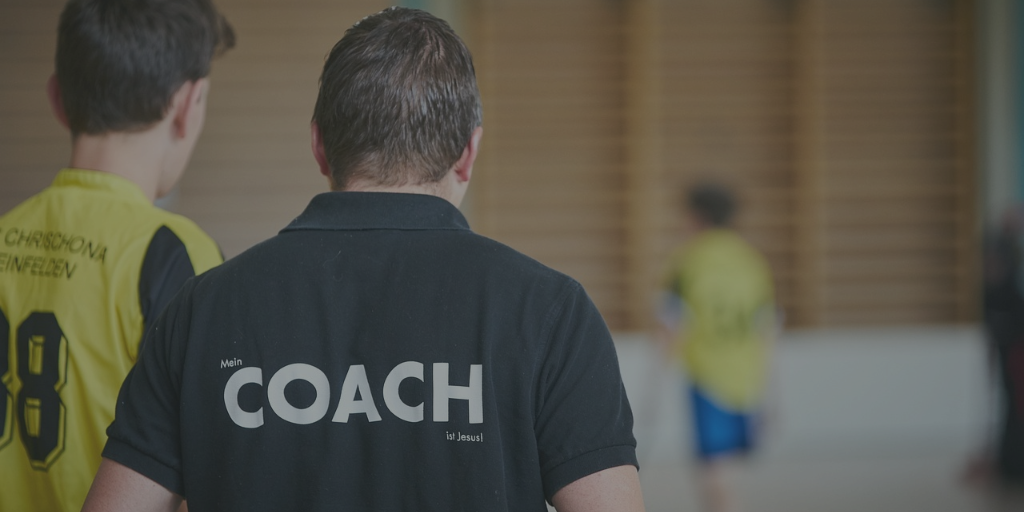David often encourages our clients to do an exercise titled, “Who Helped?” The purpose of the exercise is to identify individuals throughout our lives who have helped us and to drill down on how they helped us. Just reading that sentence may spark a flood of names and experiences in your mind (at least we hope it does). For Becky, one of the first names that rush into her mind is Lowell, who served as a recreational league softball coach for 8-10-year-olds in Seneca, South Carolina. The grandfather of one of the other players, Lowell was probably the first coach Becky encountered who really understood the process of developing others. So, what is it that Lowell did that puts him on Becky’s “Who Helped?” list?
He Learned About His Players
On the first day of practice, Lowell asked Becky why she wanted to play softball. That may seem like a heady question for that age range, but it was the right place to start. Unlike some of the other players, who were influenced by family members, Becky wanted to play for two reasons: she thought it was cool to be like a major league baseball player, and she wanted to have fun. Looking back, it’s clear to Becky that Lowell used that information to help her grow. For instance, when he was teaching new skills to her, Lowell would reference major leaguers and talk about how they played. And when he wanted her to try new positions on the field, he’d say, “Let’s give it a shot for a few minutes, and if it’s not fun, you can go back to your normal position for a while. But don’t let it being hard make you think it’s not fun because sometimes even having fun is hard.”
He Made a Personal Investment
When Becky signed up for the team, her parents made it clear that they wouldn’t always be able to take her to practice and games (single-car family issues). That meant one of two things—either someone else would have to pick her up, or she’d have to miss some activities. Upon hearing that, Lowell and his wife agreed to take on that responsibility. On countless days, they would stop in the front of the house at 315 North Fairplay Street (usually with another 1-2 players in tow) and ensure Becky made practice or the game. Many coaches might do that for their best player, but the honor of that title belonged to Darlene, not Becky, and yet Lowell went out of his way to support her.
He Cared About More than Softball
During those car rides, Lowell would always ask about what else was going on in Becky’s life. He’d inquire about everything from books she’d been reading to what she played in the backyard with her friends earlier in the day (for those who are curious, it was usually some adaptation of the most recent “Dukes of Hazzard” episode). And, after tough games, Lowell would ask about the next day’s plans, saying things like, “We’ll get back on the field in a couple of days and keep getting better. Until then, remember that you do this for fun, and you can have fun tomorrow doing all those things you talked about.”
Those thoughts may seem too simple to work with adults in the real world, but the research that’s been conducted by experts such as Richard Boyatzis suggests Lowell’s approach is the secret formula to help others develop:
- Learn what they care about.
- Invest yourself in their growth.
- Care about the whole person.
Our guess is that your “Who Helped?” list includes people who did just that for you. Now it’s your turn.
—–
Reflection: Identify someone you want to help/are helping. Which of these three elements do you need to emphasize in your work with them?


















